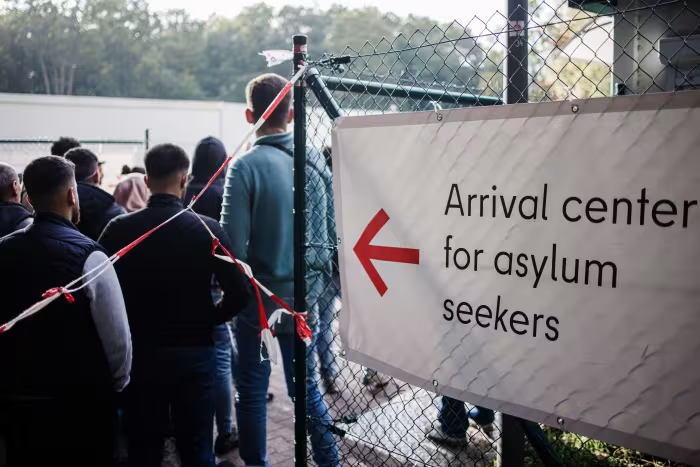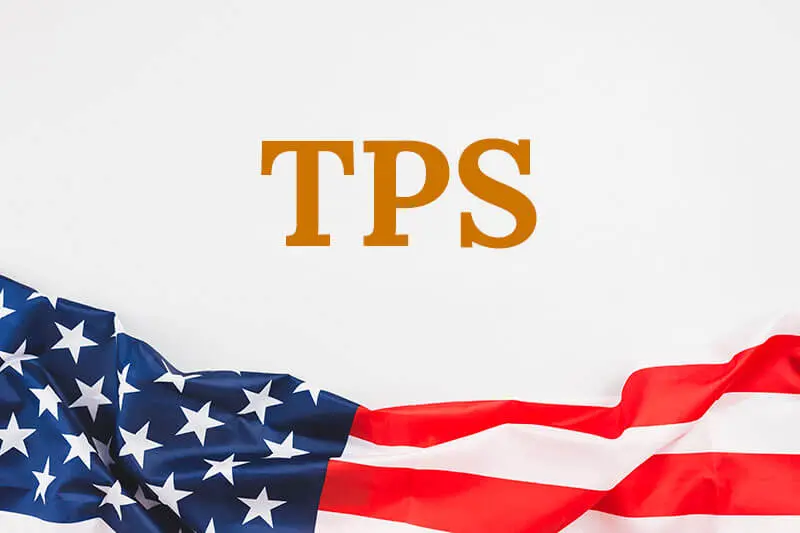The fate of undocumented immigrants in the U.S. is a complex issue that gains new urgency with the return of Donald Trump. His policies could lead to stricter enforcement and potential deportations, creating uncertainty for millions living in the shadows. These developments are not just political; they deeply affect families and communities across the country.
Many undocumented immigrants face a precarious future as the nation grapples with changing laws and public sentiment. You may wonder how these shifts will impact day-to-day life for those without legal status. Understanding the potential outcomes will help you grasp the larger narrative surrounding immigration in America today.
Attention to this topic is crucial, as it showcases the human side of national policy. By examining what the second coming of Trump means for undocumented immigrants, you can gain insights into both the challenges they face and the resilience many display in finding a way forward.
Policy and Legislative Overview
This section covers important policies and actions that affect undocumented immigrants in the U.S. It includes executive actions, proposed amendments to immigration laws, and efforts focused on border security.
Executive Actions and Orders
During Trump’s presidency, several executive actions directly impacted undocumented immigrants. One key action was the ending of DACA (Deferred Action for Childhood Arrivals) in 2017. This program protected young undocumented immigrants from deportation.
Another significant order was the Travel Ban, which restricted entry from several countries. These actions created uncertainty for many immigrants living in the U.S. It showed a shift towards stricter immigration policies.
Trump also pushed for increased deportations and prioritized removing undocumented immigrants with criminal records. These strategies aimed to enforce stricter immigration laws and deter new arrivals.
Immigration Reform and Control Act Amendments
The Immigration Reform and Control Act (IRCA) of 1986 laid the groundwork for handling undocumented immigrants. Amendments proposed during Trump’s administration sought to tighten regulations and enforce existing laws.
Some suggested changes included eliminating pathways to citizenship for undocumented immigrants. This change would significantly affect those who hoped for legal status. Other proposals aimed at reducing the number of family-sponsored visas were also discussed.
These amendments faced pushback from advocates who support immigrant rights. Changes to IRCA would reshape the landscape of immigration law and affect millions of individuals.
Border Security and Wall Construction
The Trump administration focused heavily on border security. One of the most notable projects was the construction of the border wall between the U.S. and Mexico. This initiative aimed to prevent undocumented immigration and enhance national security.
Funding for the wall was a contentious issue. Trump sought financial support from Congress but faced opposition. Some states initiated their own projects to enhance border security as well.
Additionally, there were calls for increased border patrol resources and surveillance technology. These measures aimed at reducing illegal crossings and improving safety along the borders.
Impact on Undocumented Immigrant Communities
Undocumented immigrants in the U.S. face significant challenges. These challenges impact their everyday lives in multiple ways, affecting their safety, access to services, and job security.
Deportation and Detention
Deportation rates can increase during certain administrations. If Donald Trump returns to office, you may see more aggressive tactics against undocumented immigrants. This includes increased raids and more people being detained.
Many families live in constant fear of separation. The legal process for fighting deportation is complicated and expensive. This situation can cause stress and anxiety among undocumented communities.
Access to Public Services and Education
Accessing public services can be difficult. Many undocumented immigrants avoid seeking help due to fear of deportation. This includes health care, housing assistance, and education for children.
Children may be eligible for public education, but their parents often hesitate to enroll them. Schools might not always communicate clearly about what services are available. This creates barriers that can affect long-term success and well-being.
Workplace Raids and Employment Verification
Workplace raids can lead to jobs being lost unexpectedly. You may find that employers become more cautious. Some might use strict employment verification systems, making it harder for undocumented immigrants to find work.
Fear of workplace raids can create a tense environment. Many workers might continue to work under stressful conditions, risking exploitation. Workers may avoid reporting unfair practices, fearing they could be reported or deported.
Legal Challenges and Advocacy
Legal challenges play a significant role in shaping the fate of undocumented immigrants in the U.S. Advocacy from various groups influences court decisions and public policy. Understanding these aspects helps clarify the current environment for immigrants.
Court Rulings and Injunctions
Court rulings have a major impact on the policies affecting undocumented immigrants. In recent years, cases challenging executive orders, such as travel bans and immigration enforcement guidelines, have arisen. For instance, courts have issued injunctions against policies seen as too harsh or discriminatory.
These rulings can temporarily block policies until further legal reviews are conducted. Some courts have criticized actions that may violate constitutional rights. The outcomes of these cases can create a more favorable or hostile environment for undocumented immigrants, affecting their daily lives.
Civil Rights Organizations’ Responses
Civil rights organizations actively work to support undocumented immigrants. Groups such as the ACLU and United We Dream provide legal assistance and advocacy. They aim to protect the rights of immigrants through litigation and public awareness campaigns.
These organizations often challenge laws that they believe violate immigrants’ rights. They help people navigate the legal system and defend against deportation. Their efforts can highlight injustices and bring about policy changes that benefit undocumented communities.
Local vs. Federal Stances
The stance of local governments can differ significantly from federal policies regarding undocumented immigrants. Some cities and states have adopted sanctuary laws, which limit cooperation with federal immigration authorities. These measures aim to protect undocumented residents from deportation.
Conversely, federal policies may enforce stricter immigration controls. Tensions can arise between local law enforcement and federal agencies. This situation creates a complex legal landscape where undocumented immigrants may find protection or face risks depending on their location.
Understanding these dynamics gives insight into how legal and advocacy efforts shape the experiences of undocumented immigrants in your community.
Social and Economic Outcomes
The social and economic outcomes for undocumented immigrants in the U.S. are complex and significant. You will see how their contributions affect the economy, the challenges that lead to family separations, and the changes in community dynamics.
Economic Contributions and Labor Market Effects
Undocumented immigrants play a crucial role in the U.S. economy. They fill jobs in various sectors, like agriculture, construction, and hospitality. These jobs often have high demand and low supply.
In 2019, undocumented immigrants contributed $13 billion in state and local taxes. They help keep prices lower for many goods and services. Your local economy may rely on their labor to function effectively.
However, their status makes them vulnerable. Economic downturns can lead to job losses. Fear of deportation can also result in lower job security. This instability affects the labor market and overall productivity.
Family Separation and Mental Health Impacts
Family separation is a significant issue for undocumented immigrants. Policies leading to deportations can split families apart. This situation causes emotional distress and trauma for those involved.
Research shows that children of undocumented parents often face anxiety and depression. These mental health issues can affect their school performance and social interactions. It creates a cycle of instability that impacts future generations.
Support services are essential in these communities. Access to counseling and mental health resources can help families cope with the stresses of separation.
Changes in Community Dynamics
The presence of undocumented immigrants can change community dynamics in various ways. In many neighborhoods, they contribute to cultural diversity. Festivals, food, and traditions enrich local culture.
However, tensions can arise. Some communities may express resistance to immigration. This can lead to conflicts that divide residents.
You may notice shifts in local services due to the population of undocumented immigrants. Schools may face challenges in meeting the needs of non-English speakers. Local governments might struggle to provide adequate resources for everyone.
These dynamics shape the fabric of your community, revealing both strengths and tensions.


